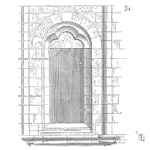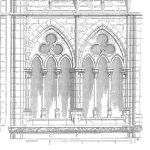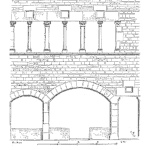
The first step in FMEA preparation
Every journey begins with a statement of the goal or objective. Why would it be any different for FMEA? Yet, some FMEA teams do not clearly identifying the focus of the analysis. This sounds simple, and it is; but, it is very important. This article explains why.
“Begin with the end in mind” – Stephen Covey










 Ask a question or send along a comment.
Please login to view and use the contact form.
Ask a question or send along a comment.
Please login to view and use the contact form.